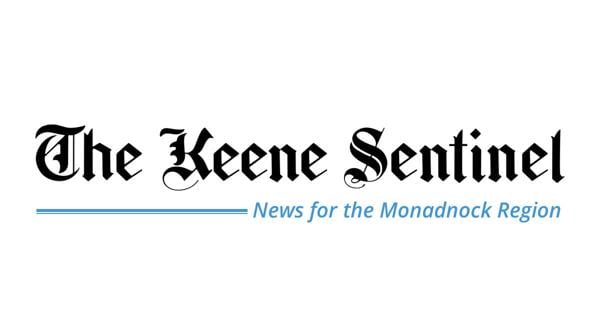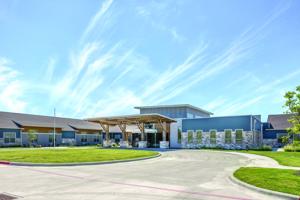The ongoing federal government shutdown, coupled with significant funding cutbacks, is raising alarms among rural health-care advocates. They express concern not only about immediate impacts but also about uncertainties that could arise as the situation develops. During a webinar hosted by Protect Our Care New Hampshire on October 24, 2023, Christin D’Ovidio of Putney Consulting emphasized the precarious state of rural health services, stating, “We’re at this risky point; there are large things that can happen, and we’re ill-prepared to handle them at this moment.”
Many advocates are worried about the possible repercussions of the shutdown on essential health services. Jayme Simões, chair of Protect Our Care, described the situation as “not just a political standoff — it’s a direct threat to the health and stability of families across our state.” This sentiment has grown as the shutdown continues to affect various programs that are crucial for rural communities.
The implications of the shutdown have already been felt in the health-care sector, particularly during the open enrollment period for Medicare, which began on October 15, 2023. With rising premiums and alterations to available options, many beneficiaries are left in a vulnerable position. Additionally, critical programs such as Head Start, which provides early childhood education, and SNAP, food assistance for low-income families, face potential funding cuts if the shutdown persists into November.
Concerns over transportation to health-care facilities have also surfaced. New Hampshire State Representative Janet Lucas highlighted a case involving a woman who was hospitalized due to challenges in accessing care from facilities in Grafton County. Lucas stated, “New Hampshire has been defunding some very important programs for so long; it cuts to the bone and beyond.” She warned that further budget constraints could jeopardize programs that are critical for maintaining health services.
The current shutdown is primarily centered around discussions regarding health care premiums under the Affordable Care Act (ACA). Enhanced tax credits that assist individuals in purchasing insurance on ACA marketplaces are set to expire at the end of the year. This expiration could lead to a dramatic increase in premiums for many households, with predictions suggesting they could nearly double. Last year, over 70,000 residents in New Hampshire utilized these tax credits to help afford their insurance.
The impasse in the U.S. Senate, where Democrats have resisted a short-term funding bill proposed by Republicans, further complicates the situation. The Republican bill did not include an extension of the enhanced tax credits, which advocates argue is vital for maintaining health care access. Lucas remarked on the potential degradation of health systems, particularly in northern counties, if the ACA program suffers. She noted, “How, for example, will a woman be able to obtain normal routine prenatal care if she’s got to find transportation requiring a two- or three-hour drive?”
The lack of support services during this shutdown means that patients may increasingly rely on emergency care, leading to more significant health issues. Lucas pointed out that patients could present to emergency rooms in worse conditions, ultimately resulting in higher costs for everyone involved. She stressed that this problem is particularly acute in rural areas, where access to health care is already limited.
The situation remains fluid as stakeholders continue to advocate for solutions that ensure the sustainability of health services in rural communities. As discussions unfold, rural health advocates are urging policymakers to recognize the critical need for continued funding and support in order to safeguard the health and well-being of families across New Hampshire and beyond.







